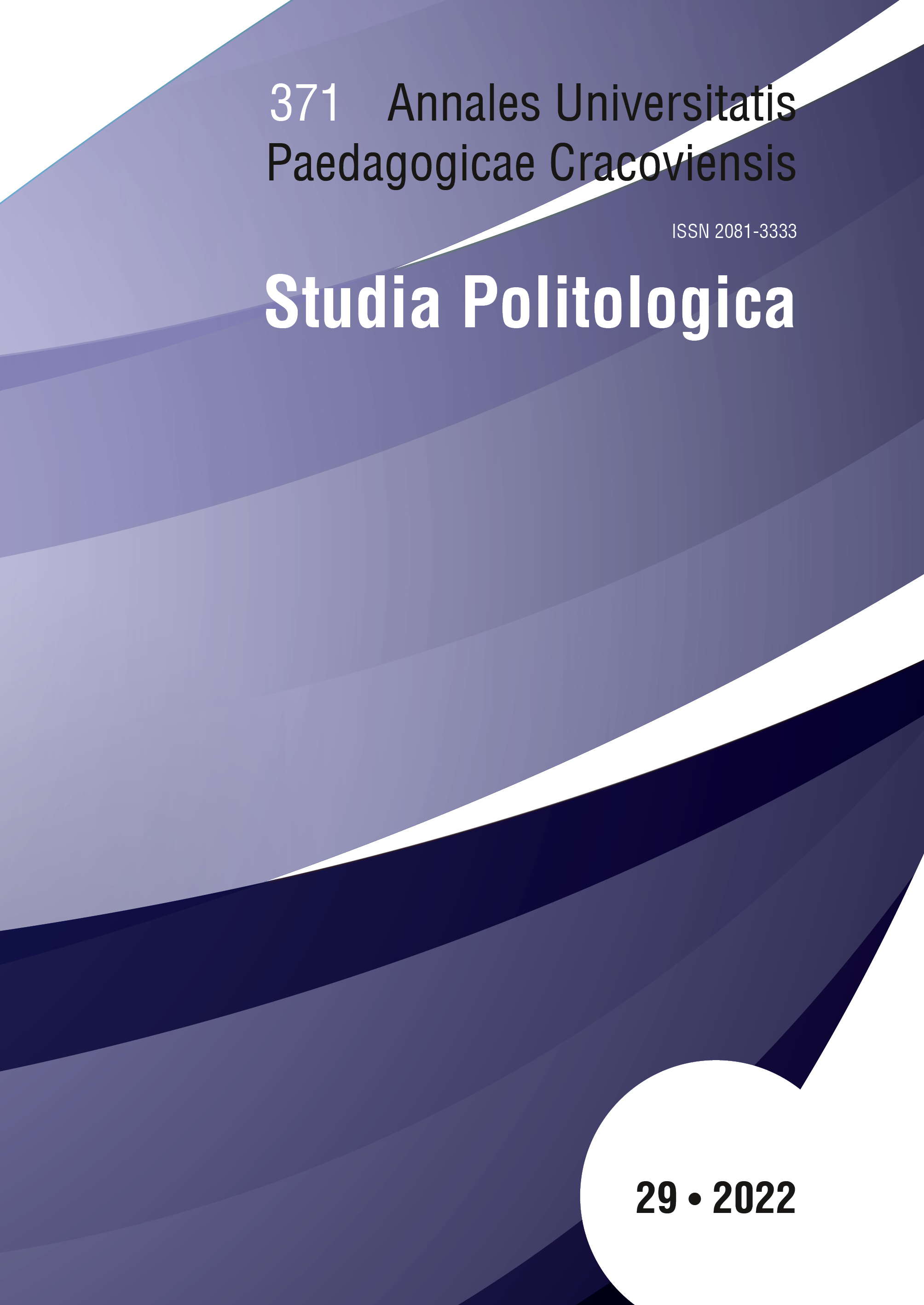Polish politics in education about the Holocaust as exemplified by Auschwitz on the basis of the changes in 1989. And what was it like in the U.S.? Can we draw on the American politics of memory in the context of the Holocaust?
Keywords:
memory, history, politics, education, Holocaust, Poland, the U.S.Abstract
The aim of the article is to discuss the framework for the transformation of Polish politics in the context of education about the Holocaust in Poland, as exemplified by Auschwitz in the aspect of the so- called historic breakthrough, which was the lifting of the Iron Curtain. The politics is analyzed through categories relating to social memory, its relationship with history, memory sites, and their application in politics in two political systems: totalitarianism in the form of socialism, and democracy. The article shows Poland’s politics of memory in the context of this issue as, firstly, tantamount to the politics of memory of the Eastern Bloc under the leadership of the USSR and the breakthrough that occurred after the victory of the Western Bloc under the leadership of the United States, which changed Polish politics. The U.S. also attaches great importance to education about the Holocaust, as evidenced by the location of one of the largest and most well- known Holocaust Memorial Museum, on a par with the Auschwitz Memorial Museum and Yad Vashem. The article also outlines the American politics of memory in the context of the Holocaust to attempt an answer the question whether Poland can learn a lesson from the politics. The work is based on the author’s visit to the United States Holocaust Memorial Museum funded with a grant from the Faculty of International and Political Studies of the Jagiellonian University for research activities and on the data provided by Jeffrey Carter, Management Officer & Institutional Archivist.
Downloads
Published
Issue
Section
License
Redakcja przyjmuje do druku teksty oryginalne, wcześniej niepublikowane. Treść czasopisma jest dostępna na licencji Creative Commons (CC-BY-NC-ND 3.0 PL)
Licencja ta zezwala na wykorzystanie materiałów opublikowanych w czasopiśmie w celach niekomercyjnych np. komentarza, krytyki, informacji, archiwizacji, nauczania lub prowadzenia badań, z poszanowaniem aktualnie obowiązującego prawa autorskiego (ustawa z dnia 4 lutego 1994 r. o prawie autorskim i prawach pokrewnych Dz.U. 1994 nr 24 poz. 83 z poźn. zm.). Zgodnie z wymogami licencji, konieczne jest dokładne podanie źródła cytowania lub parafrazowania oraz zachowanie tekstu w oryginalnej postaci (zakaz tworzenia utworów zależnych).

